Iran FM: Effective removal of sanctions must not be affected by US' excessive demands in Vienna talks
Iran’s Foreign Minister Hossein Amir-Abdollahian says achievement of a “good and strong” agreement is still possible through the ongoing talks in the Austrian capital, dismissing the “excessive demands” raised by the United States in the course of the negotiations.
Iran’s top diplomat made the remarks in a Thursday phone call with the European Union’s foreign policy chief, Josep Borrell, during which the two sides discussed the latest situation of the Vienna talks as well as some other international issues of mutual interest.
Lauding the efforts made by Borrell’s deputy, Enrique Mora, in the Vienna talks and the progress made in the negotiations, Amir-Abdollahian said, “If realism governs all sides’ behaviors, it is still very possible to achieve a good and strong agreement.”
“Raising certain new demands by the United States has no logical justification and is also at odds with this country’s positions on rapid achievement of an agreement,” Iran’s foreign minister said.
“The axial issues [in the Vienna talks], and the effective removal of sanctions [imposed on Iran] must not be affected by the United States’ excessive demands,” Amir-Abdollahian emphasized.
He said the US is not authorized to use public opinion pressure in the country as a pretext and convey a "new and different" message to Iran everyday via the EU coordinator in the Vienna talks.
"If the American side has a problem with [convincing its] public opinion, I must say that we also have the public opinion problem in Iran. They [Iranian people] monitor developments [surrounding the Vienna talks] with high sensitivity and precision, and expect accountability and effective removal of sanctions as well as maintenance of a powerful peaceful nuclear capability from the government," the top Iranian diplomat pointed out.
The United States left the 2015 Iran deal, officially known as the Joint Comprehensive Plan of Action (JCPOA), in 2018 and began to implement what it called the “maximum pressure” campaign of sanctions against the Islamic Republic, depriving the country of the economic benefits of the agreement, including the removal of sanctions, for which Iran had agreed to put certain caps on its nuclear activities.
In the meantime, the other parties to the deal, in particular France, Britain and Germany, only paid lip service to safeguarding Iran’s economic dividends as promised under the JCPOA, prompting Iran – after an entire year of “strategic patience” – to reduce its nuclear obligations in a legal move under the deal.
The Vienna talks began last April between Iran and the remaining parties to the JCPOA- Britain, France, Germany, Russia and China- on the assumption that the US, under the Biden administration, is willing to repeal the so-called maximum pressure policy pursued by former president, Donald Trump, against Tehran.
Iranian President Ebrahim Raeisi said on Tuesday that Tehran has not backed down on any of its red lines in the ongoing negotiations in Vienna on a possible revival of the JCPOA and it will never do so in the future.
“In the first step, the administration has seriously pursued neutralizing the sanctions and, in the second step, it seeks the removal of the sanctions during the negotiations in full dignity,” he added.
Vienna talks at sensitive phase; US, Iran must show flexibility: Borrell
The EU foreign policy chief, for his part, said the Vienna talks between Iran and the P4+1 group of countries have reached a sensitive point, urging both Tehran and Washington to show more flexibility in messages they exchange and to make efforts to heed time limits.
Borrell added that the EU supports the issue of economic guarantees, which is important to and has been requested by Iran.
Iran and the EU would continue efforts aimed at helping Tehran and the five remaining parties to the JCPOA reach an agreement in Vienna, he said, adding that Iranians have proven themselves to be tough and highly capable negotiators.
Iran top negotiator, EU coordinator meet in Vienna
Iran's chief negotiator Ali Bagheri Kani and Enrique Mora, the European Union's coordinator for the talks, held a bilateral meeting in the Austrian capital on Thursday.
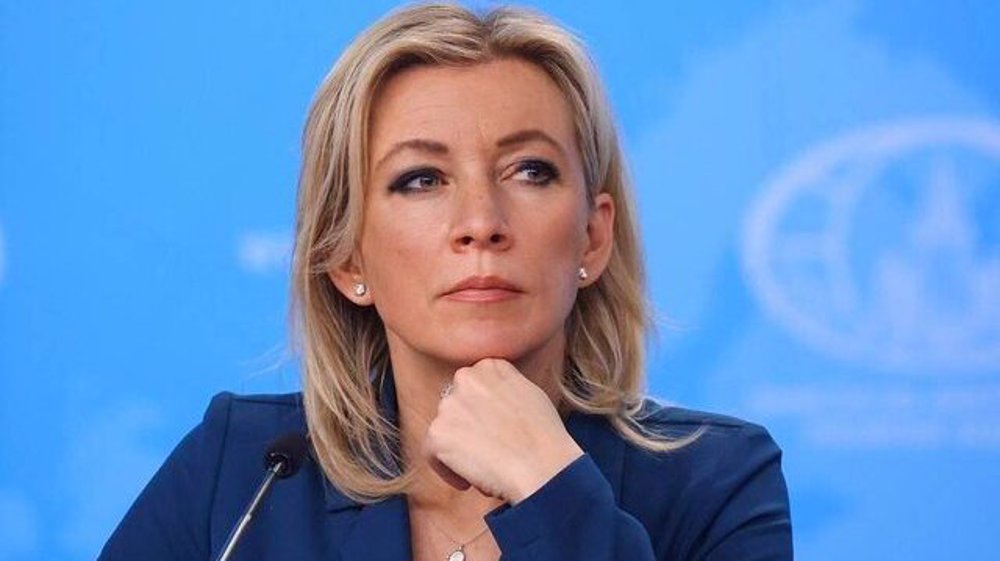
Russia: Unilateral US sanctions against Iran illegitimate, illegal
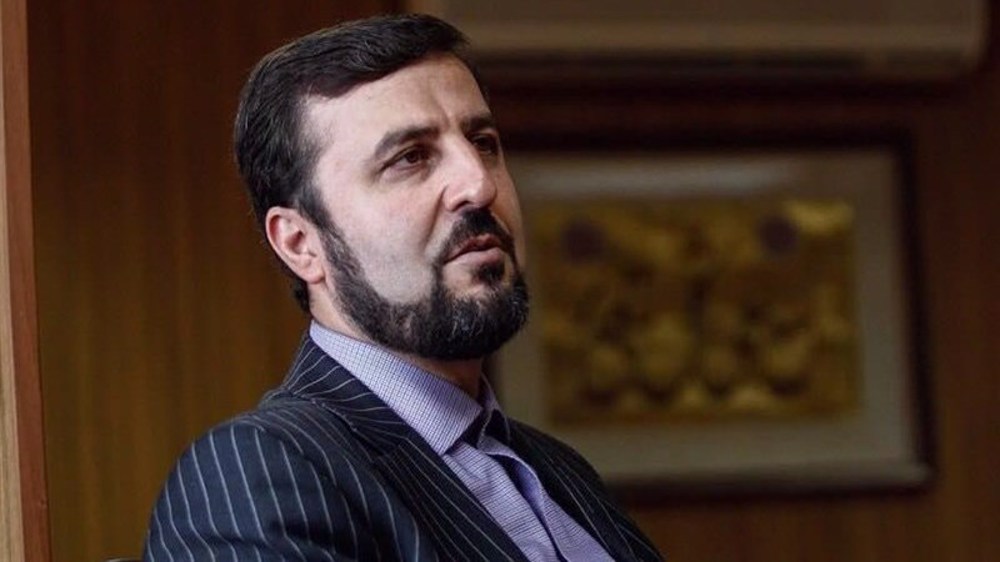
Senior official: Iran likely to hold meeting with European troika
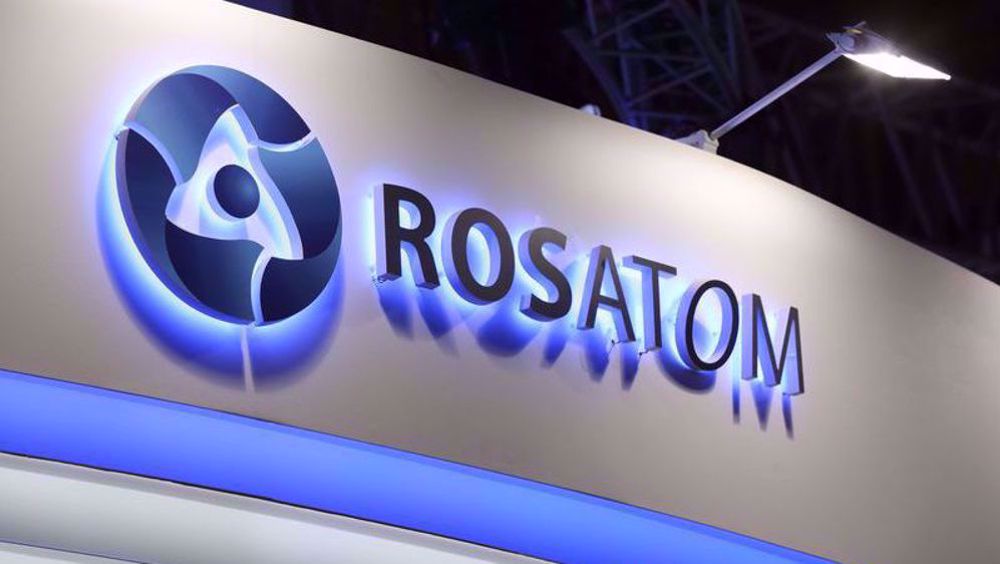
Russia’s Rosatom in ‘large-scale’ talks with Iran to build another power plant: CEO
Iranian flotilla makes port call in India with 'friendship message'
How UK counter-terror police colluded with Zionists to detain me after Beirut trip
Biden, Blinken, Austin referred to ICC over Gaza war crimes
EU will 'do the same' if US implements tariff hikes: France
VIDEO | Press TV's news headlines
British celebrities condemn BBC removal of Gaza documentary
Iran Army acquires tactical vehicles, audio surveillance systems
VIDEO | UK police detain anti-Zionist scholar upon return from Lebanon


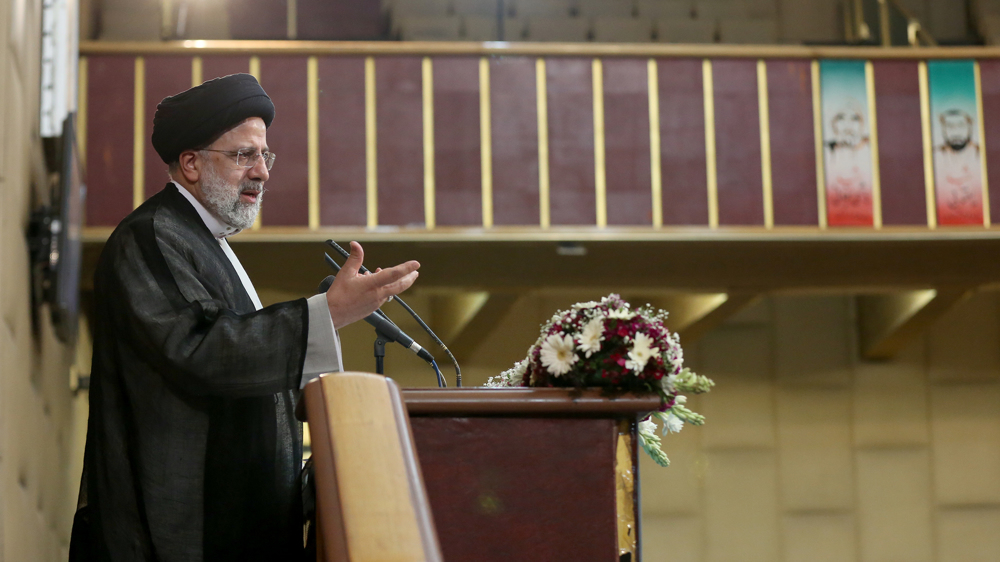
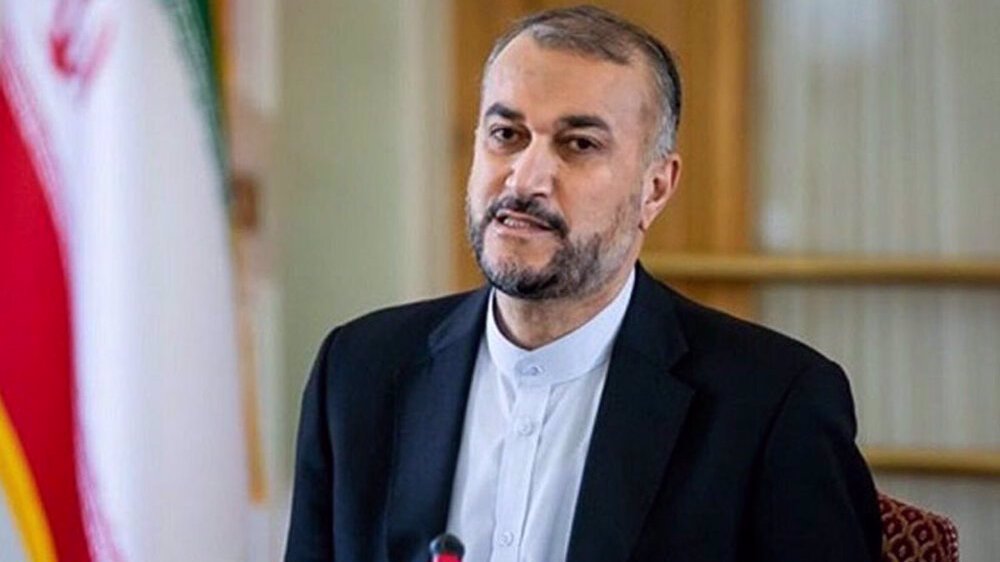




 This makes it easy to access the Press TV website
This makes it easy to access the Press TV website